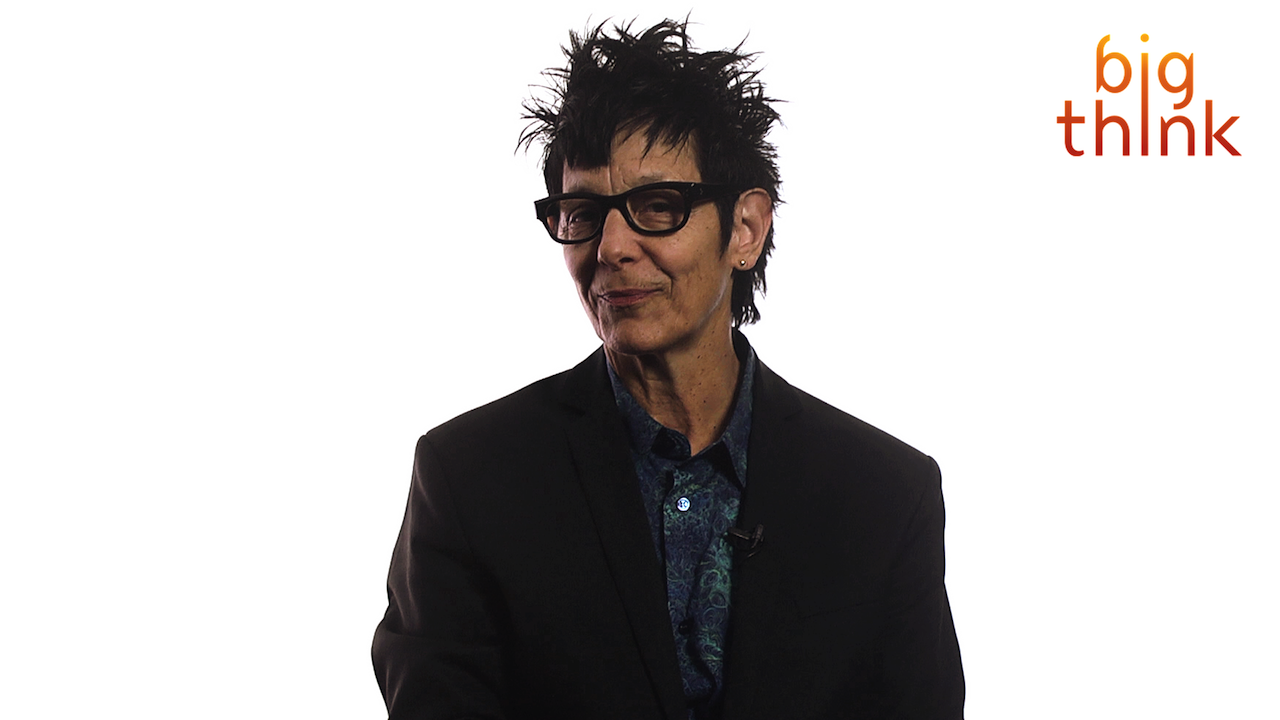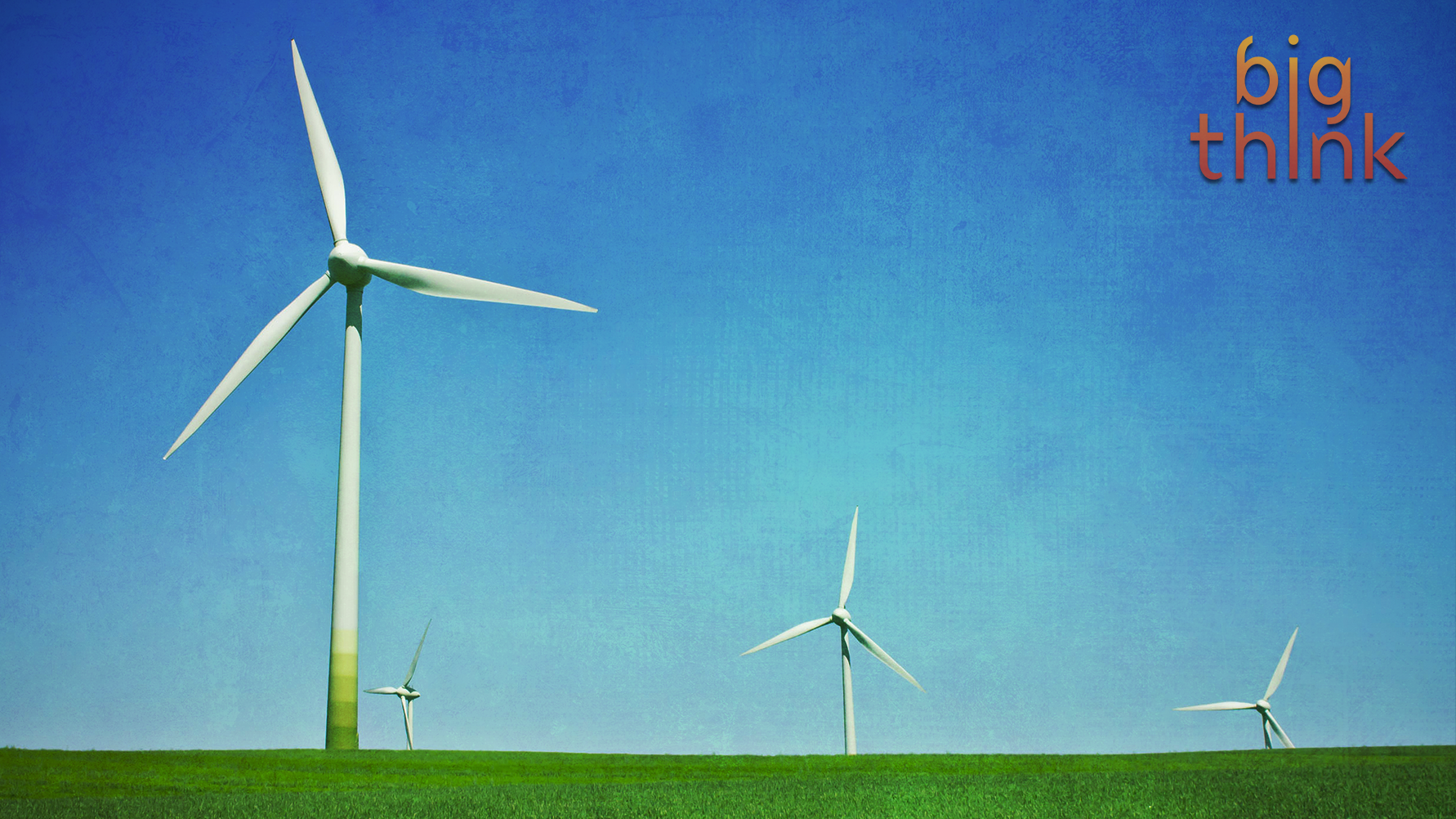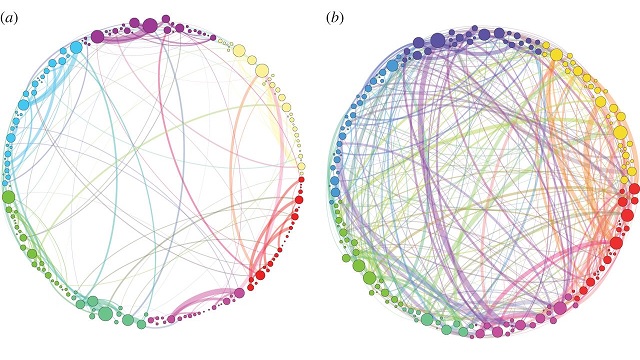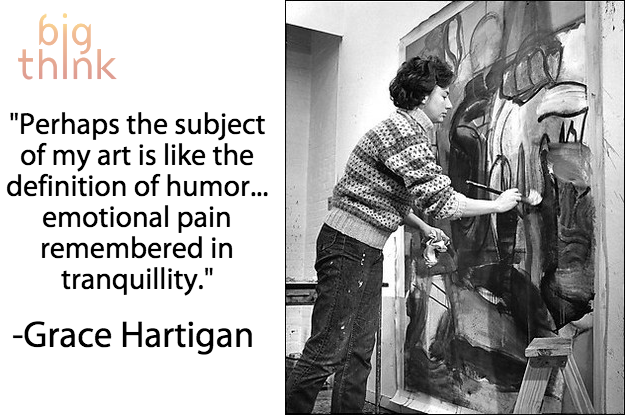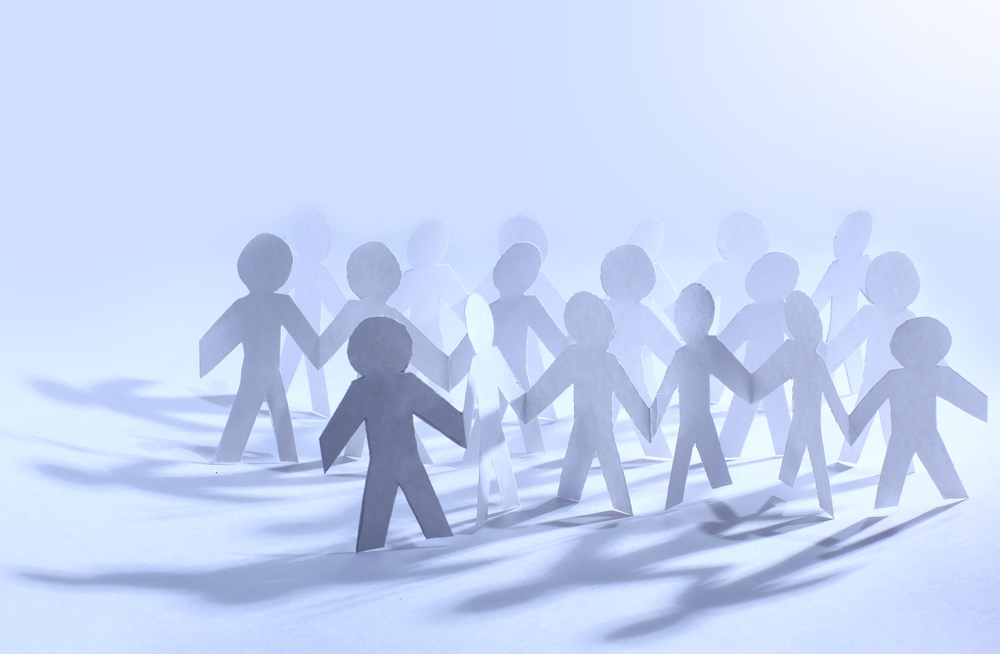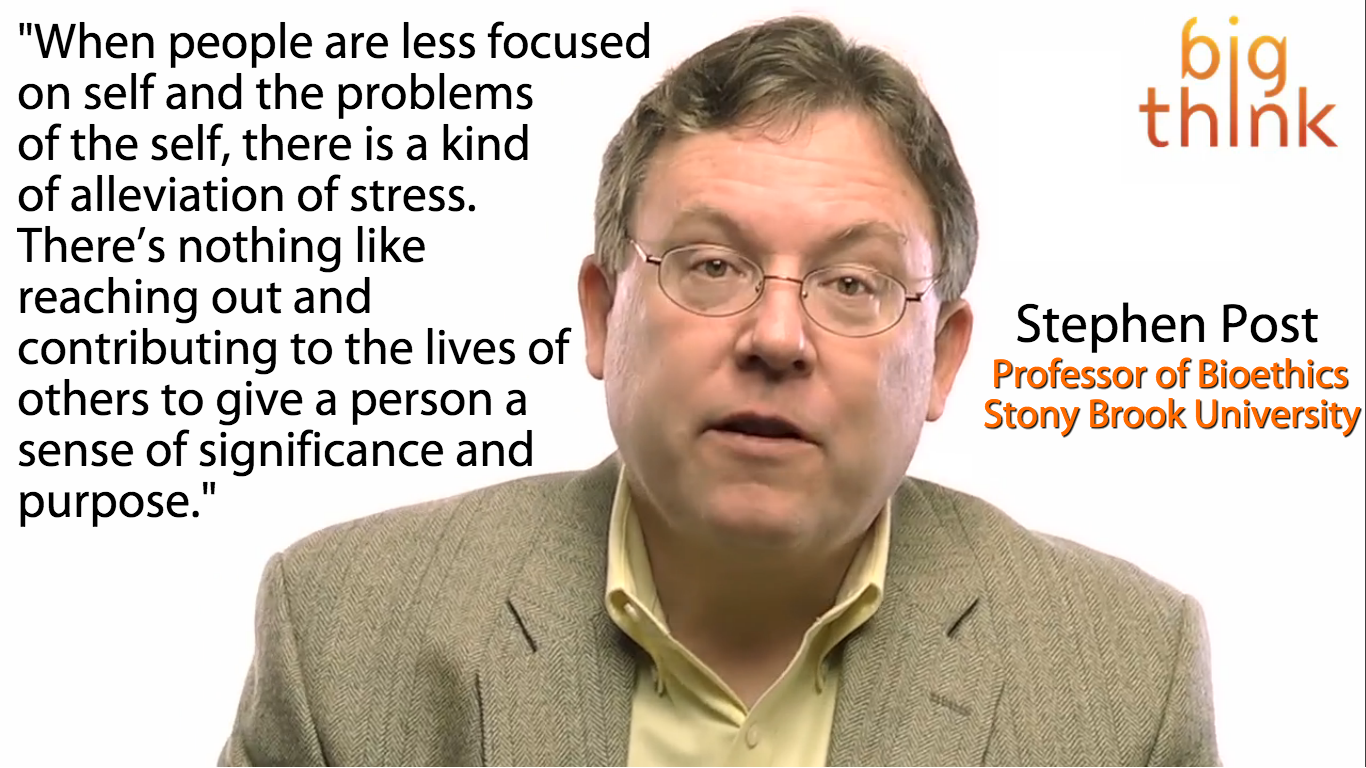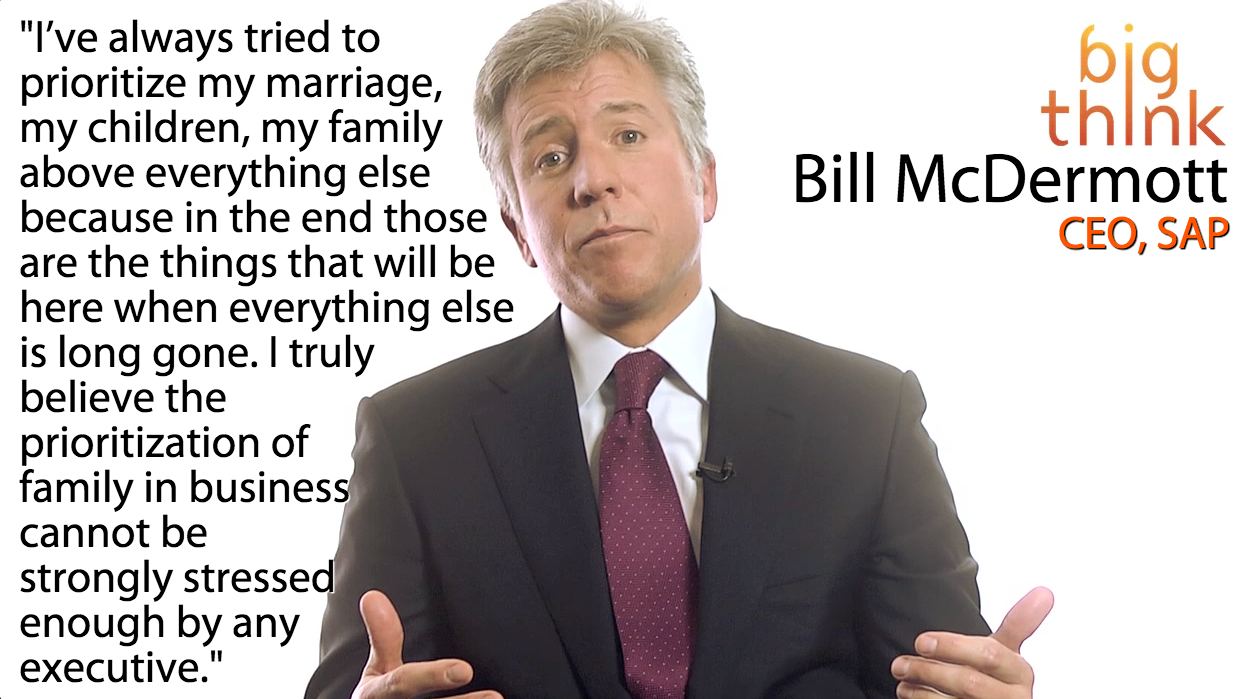Best-selling author Steven Kotler discusses hypofrontality — literally the slowing of the brain’s prefrontal cortex — and how it allows one to enter an optimal state of consciousness, known as flow. As Kotler explains, flow refers to those moments of total absorption when we get so focused on the task at hand that everything else disappears
All Articles
The extreme action dance pioneer takes us through the theory behind PopAction and how flying, falling dancers teach audiences about resilience and hope.
Even if our behavior is in some sense determined by forces unavailable to the conscious mind, people are willing to uphold their belief in free will.
Author and environmental strategist Andrew Winston explains the unique ideas espoused in his book The Big Pivot, in which he promotes a green shift in business priorities away from short-term profits and toward long-term sustainability.
When it comes to choosing a mate, a new study form the University of Toronto argues that people overestimate their willingness to reject unsuitable romantic partners.
“The paradox of education is precisely this – that as one begins to become conscious, one begins to examine the society in which he is being educated.”
-James Baldwin, 1963
If learning institutions have become money machines, where does that leave their educational mission?
Biologist Edward O. Wilson tackles the meaning of life and existence. He argues that explaining why we’re here, what we are, and where we’re going is a task best suited to science, not philosophy. He identifies five major scientific branches that are currently making the most progress.
Only 8% of people who suffer from cardiac arrest survive this incident. An ambulance drone could deliver automated defibrillation to any patient in a four square miles within a minute, increasing survival rates up to 80%.
If you’ve been wondering what B-mode polarization is, or how it tells us about gravitational waves from inflation, wonder no more! In part 1 of this story we talked about […]
We’ve known for a very long time that our body language influences others. What we’re only now beginning to understand is how our body language alters the way we ourselves perceive the world.
Scientists and mathematicians hope to unlock the secrets of psilocybin, a compound found in magic mushrooms, in order to better understand how networks in the brain connect in uninhibited states.
A map of Africa displaying Ebola’s limited geographical reach seeks to educate the internet about the ridiculousness of ostracizing people who have recently returned from Sub-Saharan Africa.
Messier himself lamented his own original discovery. If only he knew why he was so disappointed, he might’ve been amazed instead! “Things need not have happened to be true. Tales […]
“Perhaps the subject of my art is like the definition of humor — emotional pain remembered in tranquillity.”
-Abstract expressionist Grace Hartigan (1922-2008)
A professor at Vanderbilt Law School has made it her mission to investigate why obese women — more than obese men — are missing out on higher salaries.
There’s a fine line between fostering company culture and seeking to control member thinking and behavior. If your organization is leaning toward the latter, it’s being run like a cult… and cults don’t do good business.
With so many major races still up in the air, the only thing you can be sure of ahead of tomorrow’s midterm elections is that cable news will find a way to mislead you in its coverage. While election coverage may be good entertainment, it’s worth switching off the tube if you’re looking to avoid sensationalism.
When someone is diagnosed with any life-threatening disease, focus is taken off things they used to enjoy and the illness becomes an all-consuming part of their lives. Practicing mindfulness can help boost patients’ mental health and wellbeing.
Numerous studies have identified a link connecting feelings of gratitude with happiness, good health, and generosity.
With everyone always trying to identify “the next Silicon Valley,” Eric Hippeau explains that New York City needs not try to be the next anything. It’s already a force in and of itself.
Psychologists recognize a thin line between creative genius and destructive psychopathy: general intelligence and so-called diversifying experiences that happen in childhood or young-adulthood.
Through a clever experiment, researchers at the Massachusetts Institute of Technology have arrived at a closer understanding of the foundation of the human imagination.
Here’s how to put all of the wonders of the Universe at the tips of your fingers. Literally! “Once I knew only darkness and stillness… my life was without past […]
“When people are less focused on self and the problems of the self, there is a kind of alleviation of stress. There’s nothing like reaching out and contributing to the lives of others to give a person a sense of significance and purpose.”
-Professor Stephen Post, from his Big Think interview.
Both men and women with two or more children outperformed their peers who had one child or were childless.
Ever since the arrival of agriculture, and more recently, cubicles, modern society has begun selecting for those who can interest themselves in the repetitive, or least force themselves to tolerate it.
Children from intact families are more likely to be competitive in today’s economy because their parents tend to spend more money on their education.
Theaters, galleries, museums, and symphonies are increasingly hiring in-house writers to produce their own news stories. This cutting out of the middleman helps cultural institutions tell their own stories, though also evokes questions about legitimacy and credibility.
SAP CEO Bill McDermott recently visited Big Think to discuss his new book Winners Dream and talk about the importance of prioritizing family over business.

